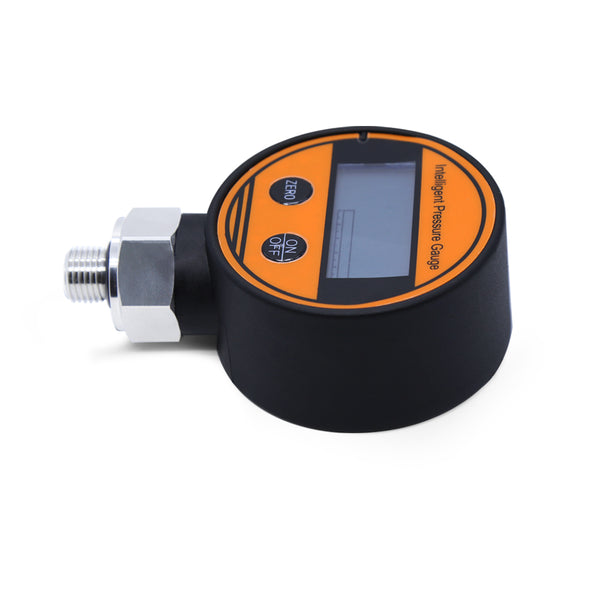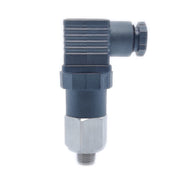Introduction
Choosing the right pressure gauge is crucial for various applications, from industrial settings to home use. With a multitude of options available, finding the best pressure gauge can be daunting. This guide will walk you through the essential factors to consider, ensuring you make an informed decision tailored to your specific needs.
How do I Choose the Best Pressure Gauge?
Selecting the perfect pressure gauge involves evaluating several key factors:
Pressure Range and Units
Understanding the pressure range you need is fundamental. Different gauges are designed for specific pressure levels, so choose one that aligns with your requirements. Additionally, consider the units displayed; some gauges measure in psi, while others use bar or kPa.
Gauge Type: Analog vs. Digital
Analog gauges have a traditional needle that moves across a dial, providing a continuous reading. Digital gauges, on the other hand, display precise numeric readings. Analog gauges offer a visual trend, while digital gauges provide exact figures. Decide based on your preference and application precision.
Accuracy and Precision
Accuracy is vital in pressure measurements. Look for gauges with a high precision level to ensure reliable readings. Precision guarantees that the gauge's measurements are consistent and close to the actual pressure, enhancing the overall effectiveness of your operations.
Durability and Material
Consider the environment where the gauge will be used. For harsh conditions or corrosive substances, opt for gauges made from durable materials like stainless steel. Ensure the gauge's construction aligns with the conditions it will face, enhancing its longevity and accuracy.
Mounting and Installation
Evaluate the mounting options compatible with your application. Gauges come in various mounting styles, including panel mount, surface mount, or flush mount. Choose one that integrates seamlessly into your setup. Additionally, check the installation process; some gauges require professional installation, while others are user-friendly.
Cost and Budget
While it's tempting to opt for the cheapest option, consider the long-term benefits. Invest in a high-quality pressure gauge that meets your requirements and offers reliability. Balancing your budget with the gauge's features ensures a cost-effective and valuable purchase.

FAQs About Pressure Gauges
How do I calibrate a pressure gauge?
Calibrating a pressure gauge involves comparing its readings to a known standard. This process ensures accuracy and reliability. Consult the gauge's manual for specific calibration instructions or seek professional calibration services.
Can I use the same pressure gauge for different gases and liquids?
Not all pressure gauges are universal. Some are designed for specific gases or liquids. It's crucial to check the gauge's specifications to ensure compatibility with the substance you intend to measure. Using an incompatible gauge can lead to inaccurate readings or damage.
What maintenance does a pressure gauge require?
Regular maintenance is essential to prolong the gauge's lifespan and maintain accuracy. Check for signs of wear, damage, or calibration issues. Clean the gauge carefully and avoid exposing it to extreme conditions. If you notice any problems, consult the user manual or contact the manufacturer for guidance.
How often should I replace my pressure gauge?
The lifespan of a pressure gauge depends on its quality, usage, and environmental conditions. Regularly monitor its performance, and if you notice consistent inaccuracies or signs of wear, consider replacing it. High-quality gauges can last several years with proper maintenance.
Is it necessary to hire a professional for pressure gauge installation?
While some gauges require professional installation, many are designed for user-friendly setup. Always refer to the manufacturer's instructions. If you're uncertain or uncomfortable with the installation process, it's advisable to seek professional assistance to ensure proper functioning and accuracy.
Can I repair a damaged pressure gauge myself?
Repairing a pressure gauge requires technical expertise. Attempting to fix it without proper knowledge can worsen the damage or compromise accuracy. If your gauge is damaged or malfunctioning, contact the manufacturer or a certified technician for repairs.
Conclusion
Choosing the best pressure gauge involves careful consideration of pressure range, type, accuracy, durability, mounting, and budget. By understanding these factors and referring to our guide, you can confidently select a gauge that meets your needs, ensuring accurate and reliable pressure measurements for your specific applications.



Leave a comment